On Sept. 25, Chad Kious glided across the ice inside Patterson Ice Center.
As he wagged his stick and eyed the puck, it all seemed as it should.
“Everything was normal,” the Alto, Michigan, resident said. “Everything seemed normal, at least.”
But in an instant, everything would change.
“I felt dizzy for about five seconds,” he said. “I felt my left leg go numb. When you’re skating, you’re striding. I lost control of that left leg for five to seven seconds. Of course, being a hockey player, I wanted to finish the game.”
One of Kious’ fellow hockey league players, a friend who works as an ER doctor in a neighboring county, red-flagged the symptoms.
“I was trying to shake it off,” Kious said. “One of the players, a doctor, asked, ‘Are you OK, are you OK?’ I said ‘I’m fine. Give me an aspirin. I want to keep playing.’ He said, ‘No, you’re not fine. You’re having a stroke.’”
Like a hockey puck to the gut, that quick assessment hit Kious hard.
“I thought, ‘No way, man, I’m only 49,’” Kious said. “There was no possible way. I had just lost about 50 pounds to get in good shape. I thought I would have been OK. I told him, ‘No, it can’t be a stroke. I’m only 49.’ He said strokes don’t discriminate.”
Another player on the bench called Kious’ wife, Traci, and 911.
An ambulance arrived and transported Kious to Spectrum Health Butterworth Hospital.
Someone to hold onto
At the hospital, Kious’ mind raced.
“I was aware of everything, I was just tired,” he said. “I was just waiting for my wife to get there so I could have someone’s hand to hold onto.”
Kious had battled leukemia eight years earlier. Diagnosed in 2010, he endured chemotherapy for 2 1/2 years. At the end of 2013, doctors pronounced him cancer-free.
“I thought, ‘Two times in 10 years, this is enough,’” he said. “How much more can I deal with? I take care of myself. I don’t smoke, I don’t hardly ever drink.
“They said a spike in blood pressure caused my stroke,” he said. “Good grief, what’s a guy got to do? We kind of pull up our britches and try to keep going through life.”
After arriving at the hospital he quickly underwent a CT scan.
“It showed I had a bleeder, a burst blood vessel,” Kious said.
As he weighed his new situation, he recalled his strength during his past struggles. It gave him hope.
New technique
Justin Singer, MD, a Spectrum Health Medical Group neurosurgeon, explained to Traci that her husband needed surgery to remove the blood.
“I remember hearing that they were going to go above my brow, take a piece of skull out and use a vacuum tool to vacuum the blood out,” Kious said. “The rest is kind of blurry to me. I was in ICU for about six days after surgery. I was pretty out of it, trying to heal from the surgery and the stroke.”
Dr. Singer said he performed a minimally invasive brain hematoma evacuation, making a small incision above Kious’ eyebrow and a small opening in his skull bone.
“We removed the blood clot using a unique suction device,” Dr. Singer said. “At the present time, we are the only site in Michigan performing this minimally invasive evacuation and participating in a national clinical trial for this technology.”
Not long after the procedure, Kious began physical therapy, occupational therapy and speech therapy.
“I could talk after the stroke,” Kious shared during his time in physical rehabilitation. “A lot of people can’t. My left arm is still weak, but I can use it for 15 to 20 percent of what I want to do in life. Luckily, I’m right-handed. I can walk just fine. It’s just my left arm. My left leg works fine. Cognitively, I feel like I’m good—but my wife will differ.”
Traci has noticed moments when her husband seems more forgetful than he did before that fateful day.
Kious notices he’s now more emotional.
He’s noticed something else, too. Something that affects him every single day.
“I don’t have any taste buds right now, which is very frustrating,” Kious said. “We’re trying to get my medications tweaked so I can taste food again. Everything is just off. If it’s salty, it tastes super salty. If it’s sweet, it’s super sweet. It’s like a super-intense sensation. The texture of food is off. Nothing is like it should be.”
Hope for the future
Kious isn’t giving up hope that everything will become as it once was.
As a self-employed taxidermist, he aimed to get back to his job this spring, working on lighter projects first.
“It’s artwork more than anything else and I haven’t lost that,” he said. “It’s brain more than physical. It’s just trusting my hands.”
He also plans to pick up his hockey stick and compete on the ice again.
“My first goal is to get back to playing hockey,” he said. “Dr. Singer is all for it as long as I feel good enough.
Kious credits Traci and his children, Carly, 24, and Mitch, 21, for paving the road to his recovery during both of his health scares.
“They helped out big time when I was dealing with cancer,” Kious said. “And now, they lend me a hand and even help me tie my shoes if I need it. They’re good kids.”
But Kious said the stroke has changed more than just his physical abilities.
It has changed his perspective.
“I’m thankful for every day,” he said. “In the blink of an eye, it can all be gone. I’m a fighter, so I’ll be out there fighting. If I set a goal, I typically reach it. I’m just grateful for every opportunity and thankful for every day.”
Dr. Singer said he’s impressed with the outcome.
“After the surgery, he actually had improvement in his strength and has made a remarkable recovery,” Dr. Singer said.
The first full week of January, Dr. Singer cleared Kious to resume playing hockey.
“But he has to wear a helmet,” Dr. Singer said.

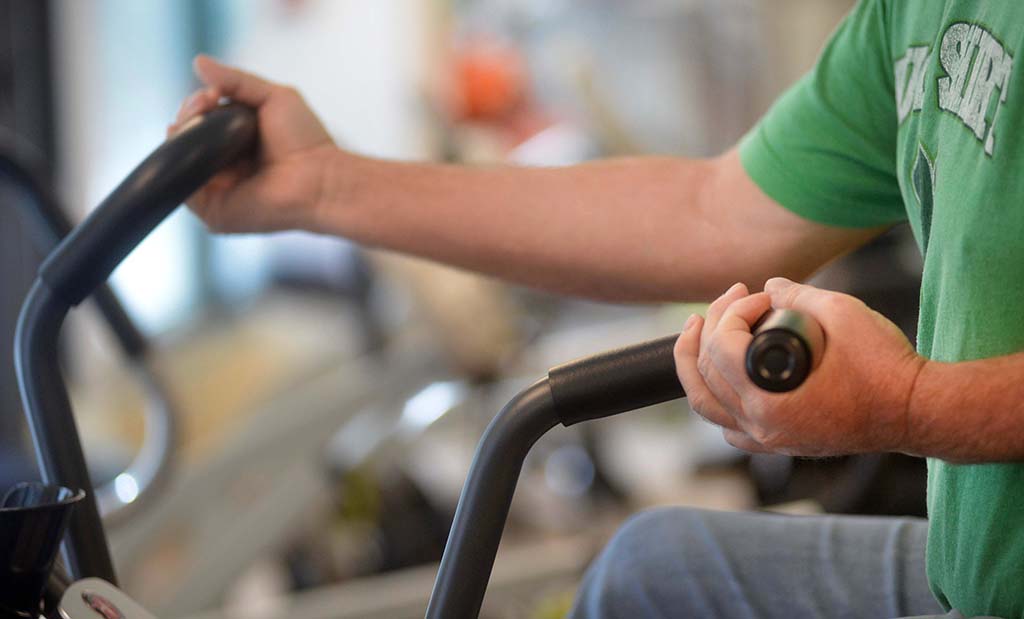
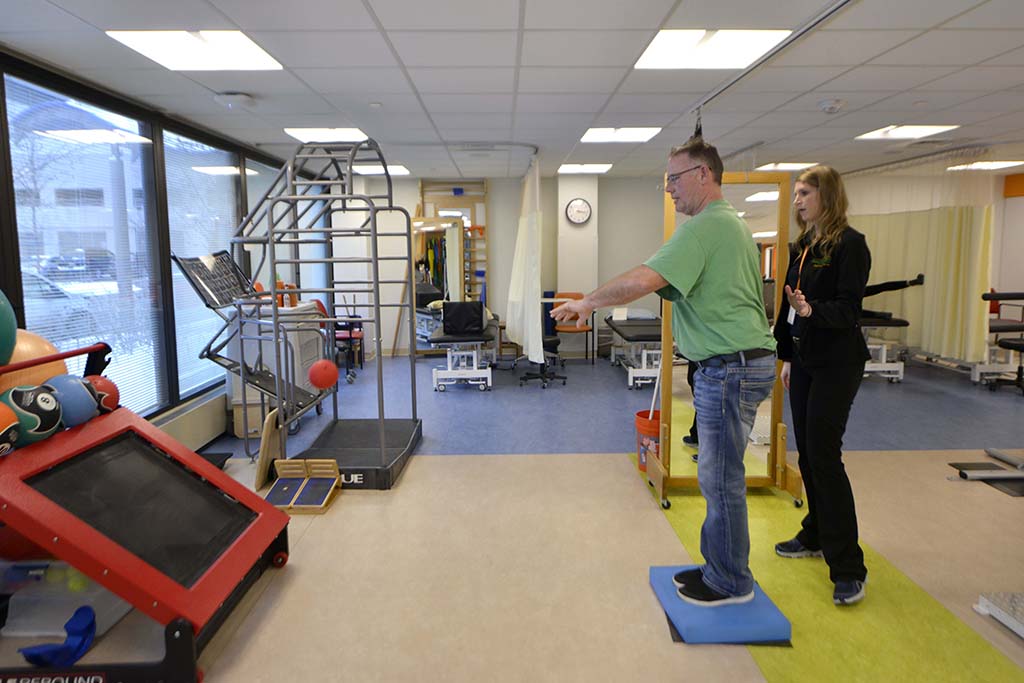
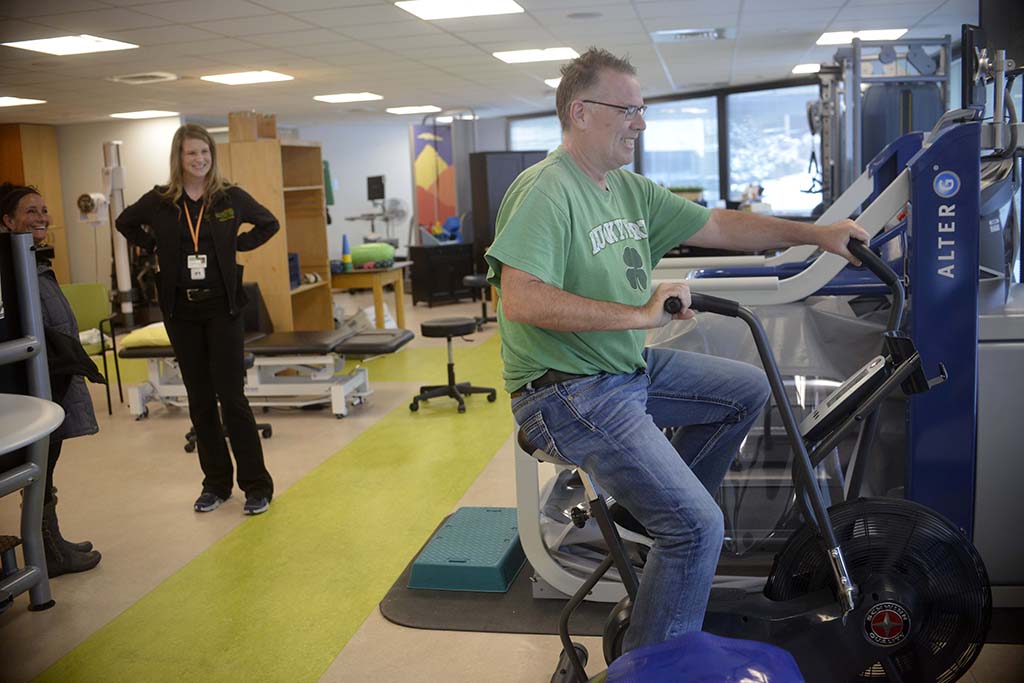
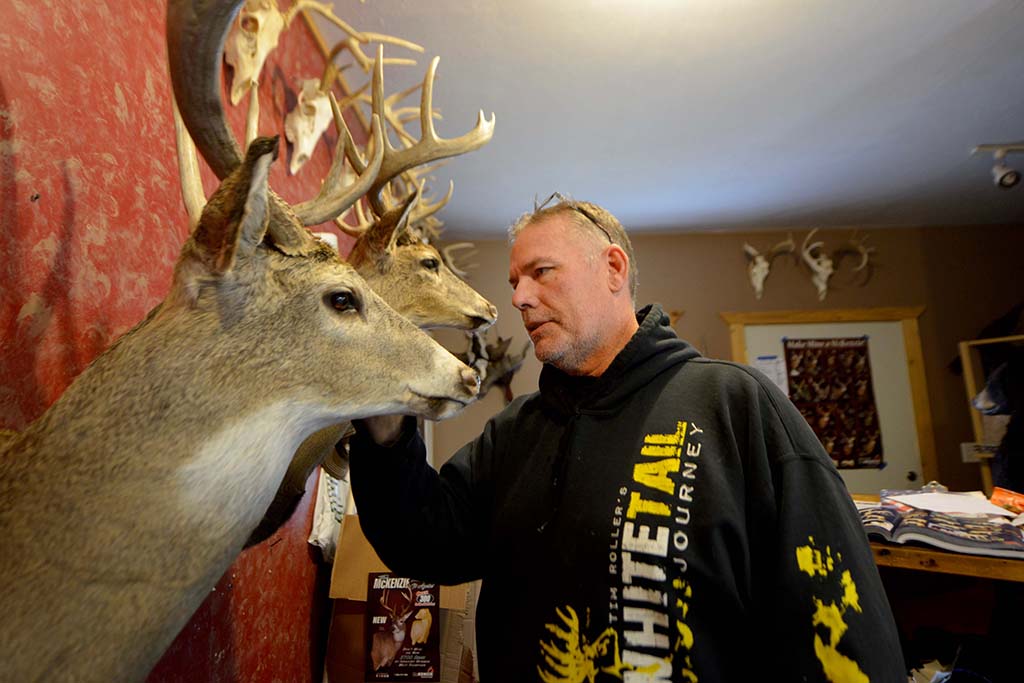
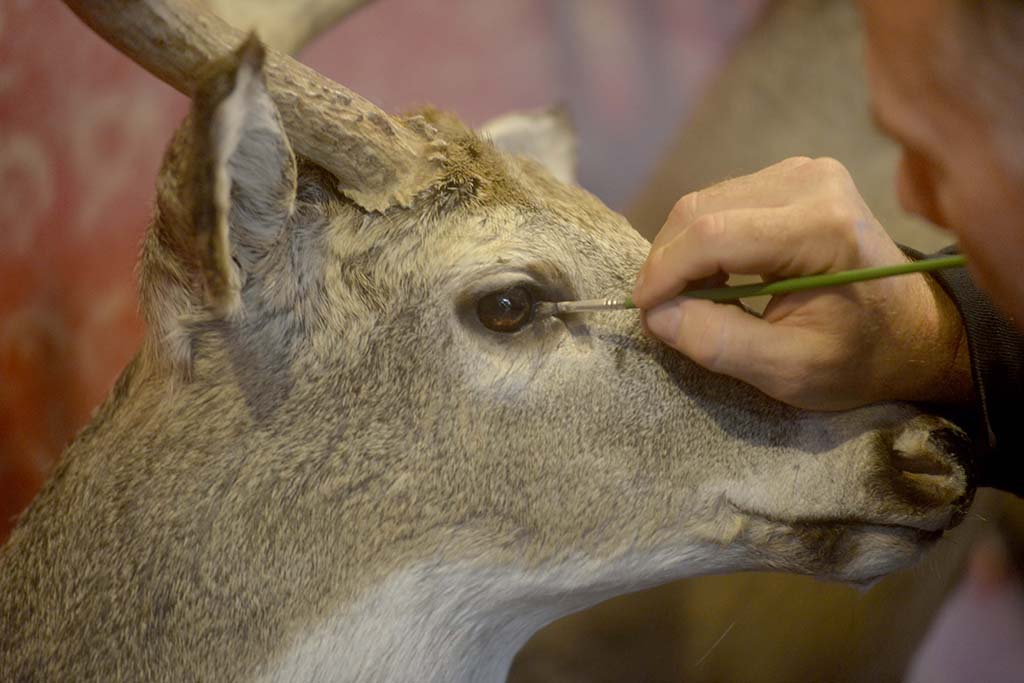
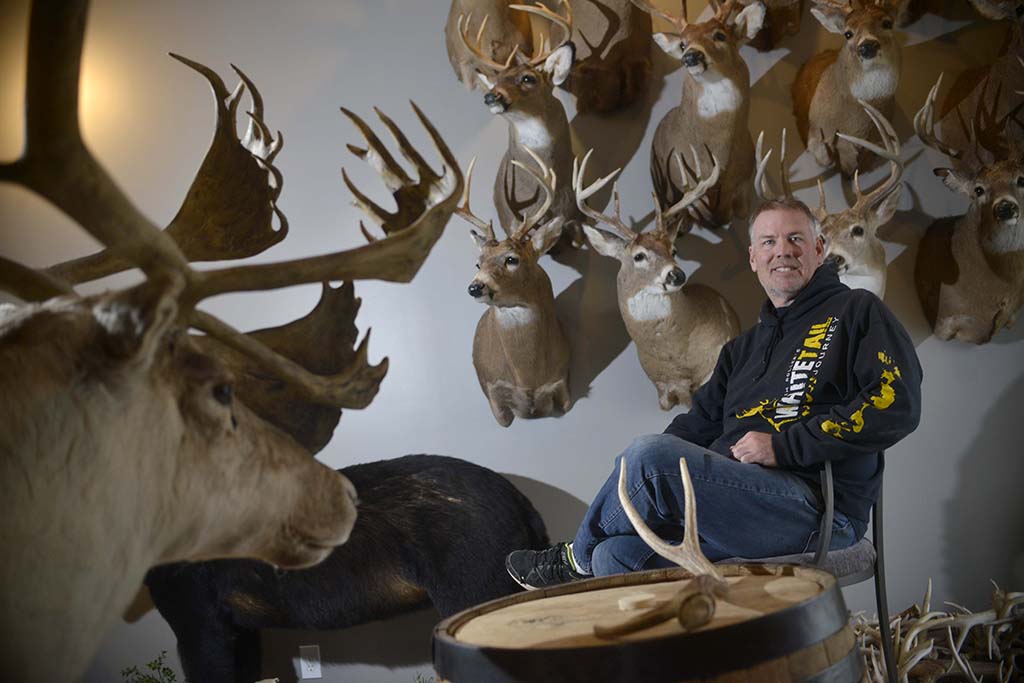
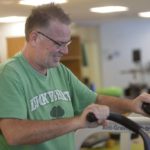
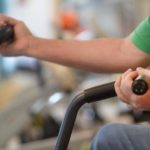
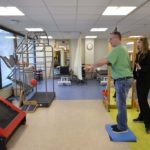
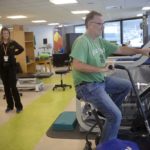



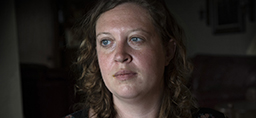 /a>
/a>
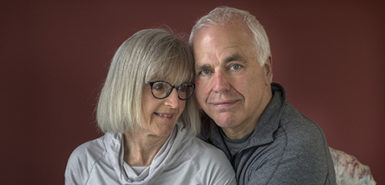 /a>
/a>
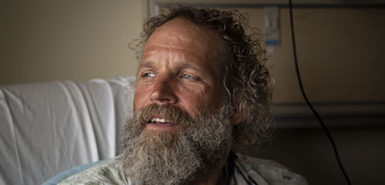 /a>
/a>